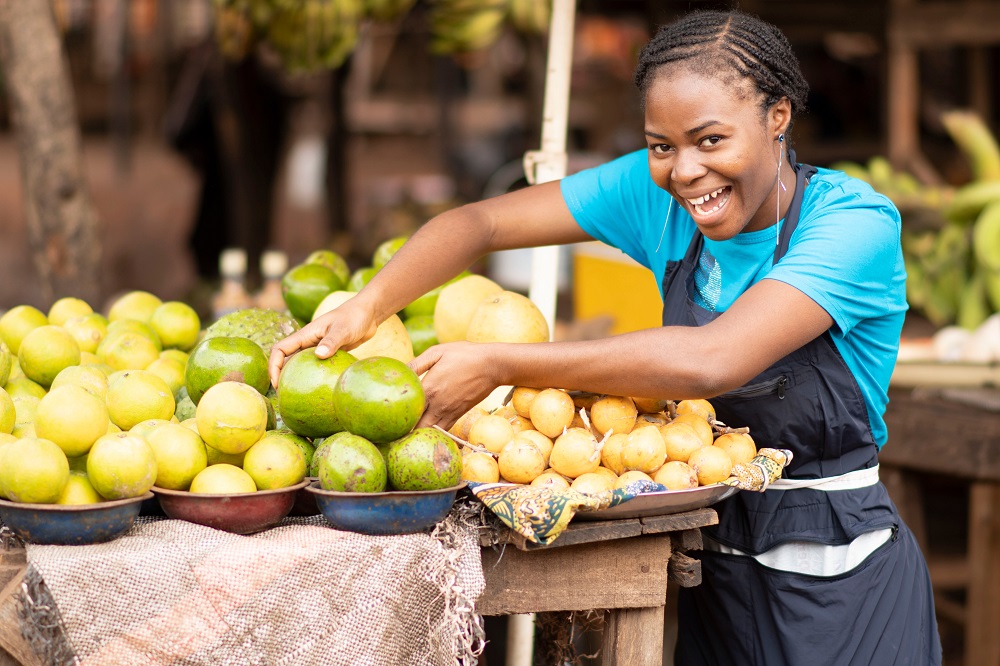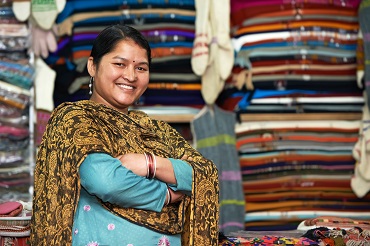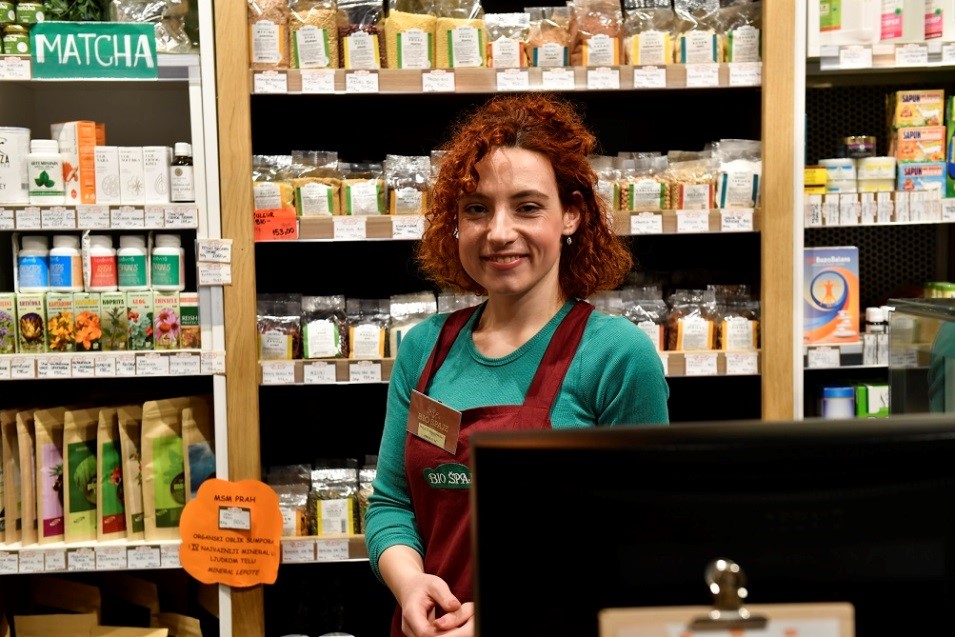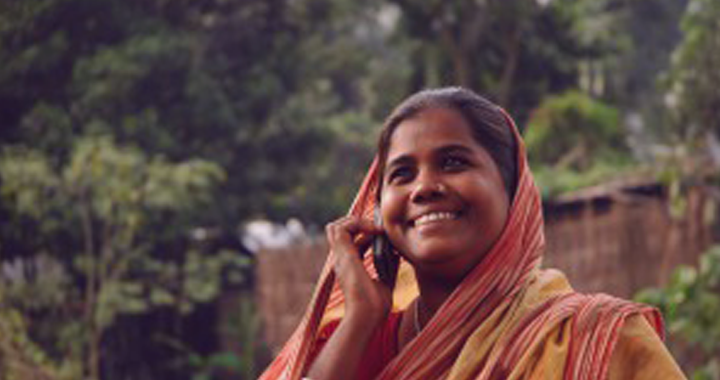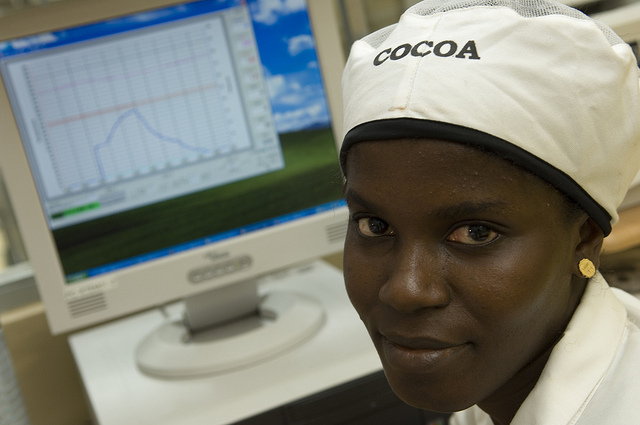Blog
S-Commerce: a Catalyst for Women’s Financial Inclusion in Bangladesh
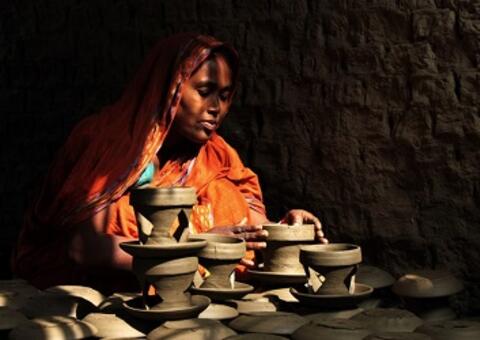
The SME Finance Forum’s team had the privilege to attend a presentation on Social Commerce and Women's Financial Inclusion in Bangladesh organized by the Consultative Group to Assist the Poor (CGAP). Mr. Pia Islam, Managing Partner at pi STRATEGY, was invited to share his key insights on the booming social commerce (s-commerce) sector in Bangladesh. S-commerce entails businesses showcasing and selling their products and services through popular social media platforms. Mr. Islam concluded with optimistic remarks: despite persistent challenges, s-commerce can indisputably help foster financial inclusion for women.
Within the fast-growing e-commerce industry, women entrepreneurs have definitely opted for an informal variant to start and operate their small businesses through s-commerce. While these businesses use social media to advertise and sell, they mostly receive payments offline, via cash on delivery. Social commerce has several distinct advantages for women: it not only requires low initial investments, but it also allows them to bypass a cumbersome business regulatory environment. Ultimately, Bangladeshi women have successfully harnessed s-commerce to generate their own sustainable income, therefore gaining more financial control and decision-making power in the household.
Nevertheless, a few obstacles and risks remain. First, s-commerce has been primarily urban and semi-urban centric, thus excluding potential female entrepreneurs and e-shoppers in rural areas. Second, women still face deep-rooted socio-cultural constraints - including strong barriers to market access - in a predominantly patriarchal society. The latest data from the IFC Enterprise Finance Gap, available at the SME Finance Forum’s website, shows that in Bangladesh only 6% of MSMEs are owned by women. Mr. Islam also mentioned the inherent privacy issues directly related to higher social media exposure. Furthermore, the lack of basic digital and financial literacy prevents many low-educated women from participating in buying and selling activities.
More crucially, Bangladeshi women must overcome big obstacles when it comes to financial inclusion. According to the Global Findex report, the gender gap in account ownership disturbingly grew from 9% in 2014 to 29% in 2017 (65% for men vs 36% for women). And female entrepreneurs keep struggling to access credit from banks and NBFIs. A statement released by Bangladesh Bank on SME loan disbursement showed that women-owned enterprises only received 7.35% of the total credit granted to Cottage, Micro, Small and Medium Enterprises (CMSMEs) in Q1 of 2019. This amount went down even more to reach 4.07% for new female-led businesses - although they account for 10.45% of recently launched SMEs across the country.
While s-commerce creates compelling economic opportunities for women, the private sector must also support large-scale initiatives to significantly reduce the gender gap in financial inclusion. In my opinion, banks and fintech companies could act as a powerful catalyst by building adequate service platforms that better accommodate this market segment. As Bangladeshi women now largely dominate both the supply and demand sides of s-commerce, facilitating their access to digital finance clearly represents a sine qua none for any effective strategy to promote growth and innovation in the sector.
Click here to read more on the topic on the CGAP website.








